Best Hair Care Tips For Natural Hair During Winter
Think maintaining your natural hair during winters is a hassle? Well, not anymore.
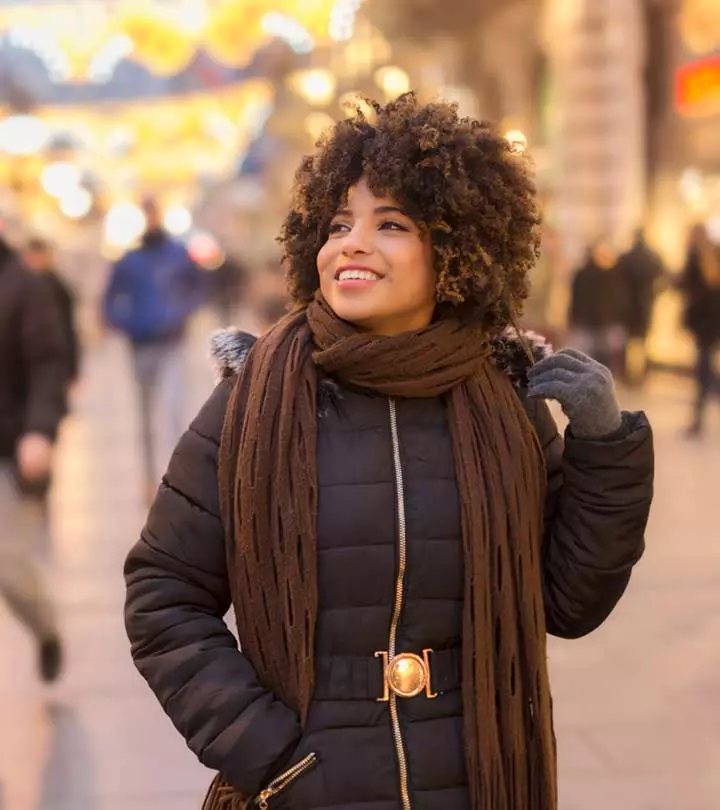
It is the time of year to look forward to holidays, but your hair and scalp might not be as excited about them. With the cold comes a dry scalp, and the need to protect natural hair in winter has never been stronger. Natural hair might also lose its healthy sheen during winters and become frizzy, rough, and difficult to manage.
A few simple steps can prevent these troublesome winter hair problems. This article explains what the dropping temperatures affect your curls and how to keep your hair healthy. Keep reading.
In This Article
Why Does Winter Harm Your Natural Hair?
The cold air during winters lacks moisture and can raise the hair cuticles. As a result, the moisture escapes from your hair strands, causing further dryness and making the hair brittle and breakage-prone.
The heating devices and blowers inside your home make the air dry. When you step inside, the dry and warm air causes further moisture loss, leaving your strands dehydrated (1). Winter can dry out the scalp, cause flakiness, affect its overall health, and trigger hair loss (2).
Natural hair is fragile and weak, and winter can aggravate hair-related issues – unless you follow a proper winter hair care routine. Scroll down to learn ways to protect your natural hair from the cold-weather assault.
Key Takeaways
- Hair damage in winter is serious as the cold air lacks moisture, resulting in dry hair strands.
- Deep conditioning, avoiding blow dryers, and maintaining a healthy diet can effectively manage natural hair in winters.
- Avoid tying the hair tightly and moisturize hair regularly to protect the hair in winters.
13 Simple Winter Hair Care Tips To Protect Natural Hair
1. Avoid Frequent Shampooing
Frequent shampooing strips the natural oils from your scalp and hair. Wash your hair only twice a week during winters. However, if your scalp is oily and hair is dry, shampoo the scalp thrice a week. No need to apply shampoo all over your hair. Embrace co-washing (conditioner-only washing) during this season. Use an ultra-hydrating conditioner to keep the hair strands replenished and healthy. Condition after every wash.
 Pro Tip
Pro Tip2. Stop Taking Hot Showers
Nothing feels better than a hot shower on a cold winter day! But a hot shower can strip the scalp of its natural oils. So, for the sake of your scalp and hair, shower with lukewarm water.
3. Hydrate And Moisturize
Your hair needs extra moisture for protection. Glycerin, aloe vera, shea butter, jojoba oil, and avocado oil are great for keeping your scalp and hair moisturized in the cold weather (3), (4). You may use hydrating hair serums with these ingredients to prevent moisture loss and nourish your dry strands.
4. Deep Condition Often
Deep condition your hair at least once a week. The humectants in deep conditioners and masks will nourish your hair and reduce breakage and damage. Use oil treatments for rough hair and dry scalp in winter. You may use coconut, olive, argan, almond, and jojoba oils for extra nourishment (5), (6). However, if you have dandruff, it is better to consult a dermatologist for treatment.
5. Avoid Blow Dryers
Blow drying can further dry out the hair. Stay away from hair dryers during the colder months. Instead, wrap your wet hair in a microfiber towel and gently squeeze the excess water. Microfiber towels speed up the drying process and are gentle on the hair. Also, avoid heat styling tools to minimize damage.
 Pro Tip
Pro Tip6. Avoid Using Tight Winter Hats
Tight winter hats and beanies do not allow your hair and scalp to breathe and cause dryness and static. Instead, opt for loose-knit hats, caps, and silk scarves.
7. Get The Humidifier Going
As temperatures drop and the heating systems in your office and home clank on, the air around you can get dry, making it difficult to protect your natural hair in the winter. Use a humidifier to maintain the moisture levels in your home and office. Adjust it to maintain 30-50% humidity levels to prevent dryness.
8. Maintain A Healthy Lifestyle
The holiday season tends to spell doom for most of our healthy habits. Avoid the temptation to gorge on unhealthy and comfort foods. Follow a balanced diet. Consume veggies, dairy products, whole grain, seafood, poultry (eggs and chicken), nuts, and seeds to maintain a healthy body and hair (7). Also, make sure to stay hydrated.
9. Go Easy On Those Chemical Treatments
Hair coloring, perming, and styling can change your natural hair texture altogether and amplify the damage (8). Take a break from chemical hair treatments, coloring, and bleaching during winters. Instead, go for spa treatments and use DIY hair masks to keep your hair shiny and bouncy.
10. Brush Your Hair The Right Way
Be it summer or winter, rough combing, brushing wet and damp hair, and teasing causes hair damage. To prevent that, brush your hair the right way. Start combing your hair a few inches off the hair ends. Work your way up the hair strands gradually and use short strokes to ease out any knots and tangles.
11. Trim Your Hair
Regular trims will get rid of split ends and prevent hair damage. Trim the hair ends every six weeks or so.
While these tips work for most natural hair types (types 3 and 4), caring for 4C natural hair can be tough. Follow these tips to maintain 4C hair during winters.
12. Dry Shampoo
Dry shampoo can be a savior in winter hair care. In cold weather, frequent washing can strip the hair of natural oils, leading to dryness. Use dry shampoo between washes to absorb excess oil, refresh the scalp, and add volume without the need for water. This helps maintain moisture balance, keeping your hair healthier and more vibrant during the winter months.
13. Hydrating Hair Mask
As winter’s dry and cold air can strip moisture from your hair, using a hydrating hair mask becomes a mandatory winter hair care tip. Opt for a mask rich in nourishing ingredients like argan oil or shea butter. Apply it weekly to restore moisture, strengthen strands, and combat frizz caused by winter weather. Consider using a warm towel or shower cap to enhance the mask’s effectiveness, allowing the ingredients to deeply penetrate and revitalize your hair.
How To Care For 4C Hair In The Winter
- Include pre-poo or oil treatments in your winter hair care regimen. This will help your hair combat dryness.
- Go for regular scalp massages and deep conditioning.
- Try the Liquid Oil Cream (LOC) technique to keep your hair hydrated and moisturized.
- Seal the hair ends with oil or heavy plant oils like shea or cocoa butters to lock in moisture.
- Switch to protective hairstyles like twists and braids to guard your hair against damage. These hairstyles also help in retaining the length of natural hair.
 Pro Tip
Pro TipProtective hairstyles can shield your hair from daily wear and tear during the harsh weather. Here are a few tips.
Hairstyling Tips For The Cold Weather
- Try wearing your hair in a twisted bun or opt for hairstyles like French braids, knotless braids, or jumbo twists.
- Do not tie your hair too tightly to avoid traction.
- Always detangle your hair before trying any hairstyle.
- Apply lubricating oils and heavy cream moisturizers to keep the hair soft and hydrated. This also makes hair styling easy.
Winter can be harsh on your hair, especially if you have natural hair. The cold and dry air can make your hair rough and cause breakage. However, you can follow winter hair care tips and remedies discussed in the article to protect natural hair in winter. These simple changes in your hair care and styling routine can prevent moisture loss and hair damage and keep your curls shiny, healthy, and strong. Follow the tips, and we are sure you will love how your hair feels during the winters.
Frequently Asked Questions
Is banana good for hair in winter?
Banana contains nutrients and silicon compounds that protect and nourish hair and make it shine. It also has antimicrobial properties that protect hair from dandruff, and its conditioning properties prevent hair ends from getting damaged. You can use it on your hair during winters. Ensure you wash it off with warm water.
Is castor oil good for hair in winter?
Castor oil is one of the best oils for natural hair. It works wonders in the winter season. Mix a tablespoon of castor oil with two tablespoons of another carrier oil like coconut oil or olive oil. Warm the blend and stir it together. Apply the mix to your hair and leave it for an hour or overnight. Wash it off with warm water and shampoo.
Is vitamin E oil good for 4C hair in winter?
Yes. There are many benefits of Vitamin E for hair. You can apply vitamin E oil to 4C hair during winter. You can warm the oil before applying it to your hair, let it sit for an hour or overnight, and wash it off with warm water. You can also add it to your other hair care products like a conditioner or mask.
Watch the following video to discover essential tips for safeguarding 4C natural hair during winter. It shares some effective techniques to protect hair from cold weather to help you maintain healthy, moisturized hair.
References
Articles on StyleCraze are backed by verified information from peer-reviewed and academic research papers, reputed organizations, research institutions, and medical associations to ensure accuracy and relevance. Read our editorial policy to learn more.
- Hair Shaft Damage from Heat and Drying Time of Hair Dryer
https://www.ncbi.nlm.nih.gov/pmc/articles/PMC3229938/ - The Female Pattern Hair Loss: Review of Etiopathogenesis and Diagnosis
https://www.hindawi.com/journals/bmri/2014/767628/ - Jojoba Oil: An Updated Comprehensive Review on Chemistry Pharmaceutical Uses and Toxicity
https://www.ncbi.nlm.nih.gov/pmc/articles/PMC8197201/ - Shea Butter As Skin Scalp and Hair Moisturizer in Nigerians
https://www.researchgate.net/publication/349189402_Shea_Butter_As_Skin_Scalp_and_Hair_Moisturiser_in_Nigerians - Medicinal benefit of coconut oil
https://www.researchgate.net/publication/268805677_Medicinal_benefit_of_coconut_oil - Argan oil: Occurrence composition and impact on human health
https://onlinelibrary.wiley.com/doi/pdf/10.1002/ejlt.200700220 - Hair and food
https://www.researchgate.net/publication/328802583_Hair_and_Food - Is There a True Concern Regarding the Use of Hair Dye and Malignancy Development?
https://www.ncbi.nlm.nih.gov/labs/pmc/articles/PMC3543291/
Read full bio of Dr. Saloni Vora-Gala
Read full bio of Ramona Sinha
Read full bio of Anjali Sayee
Read full bio of Monomita Chakraborty








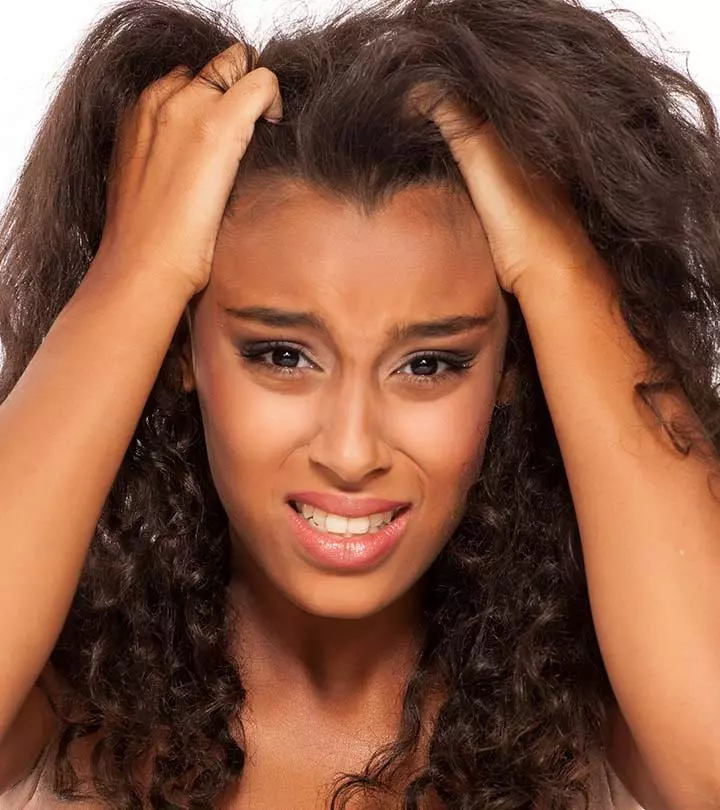
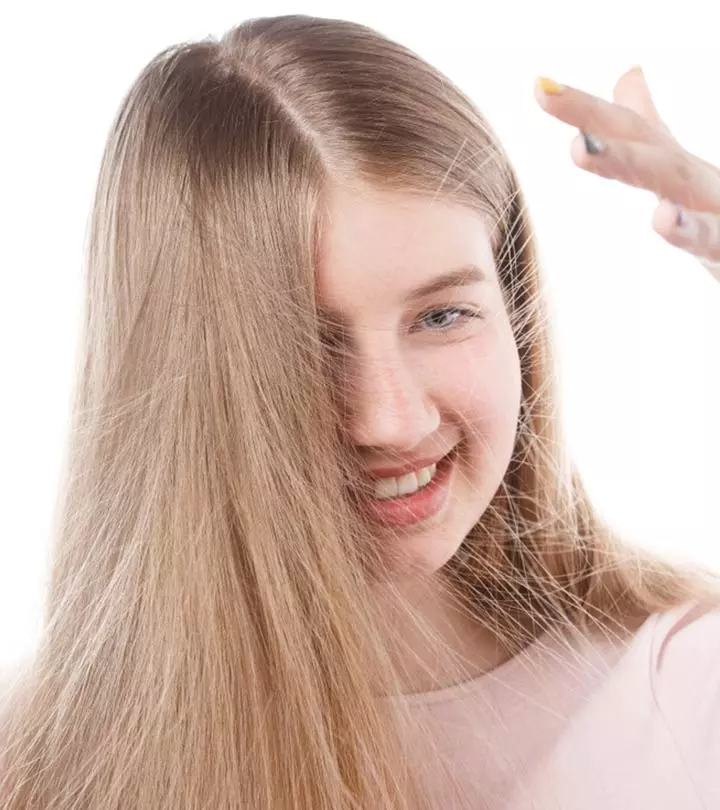
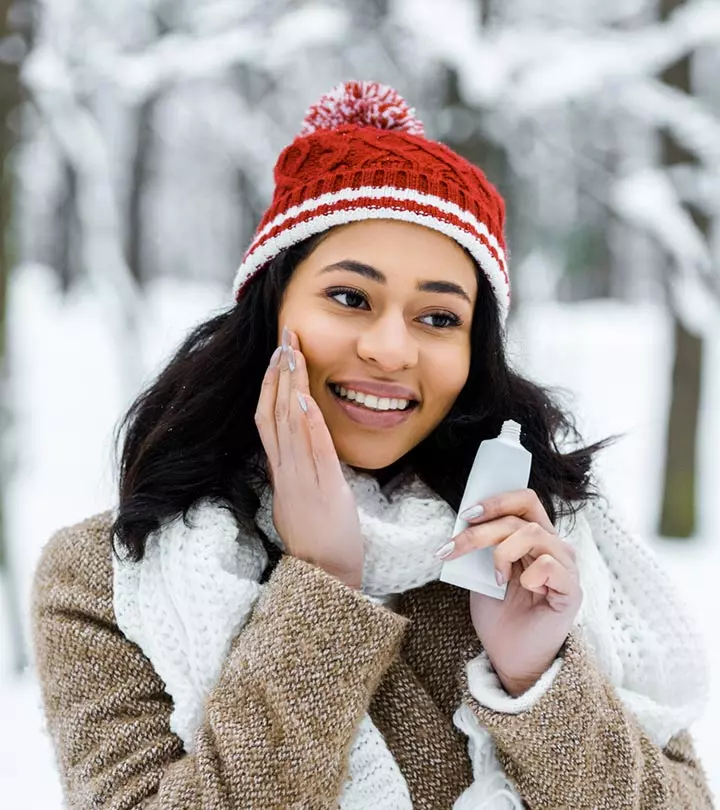
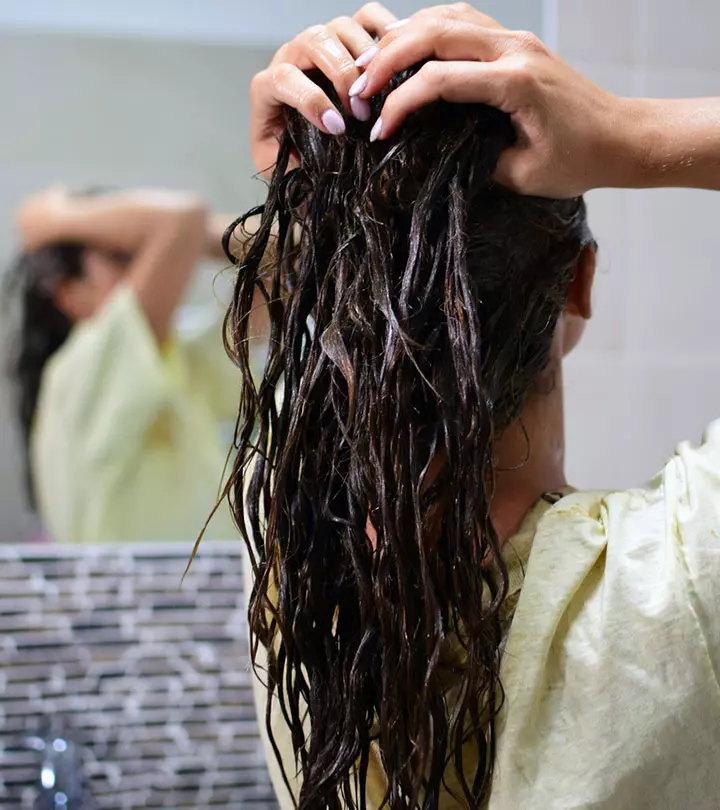
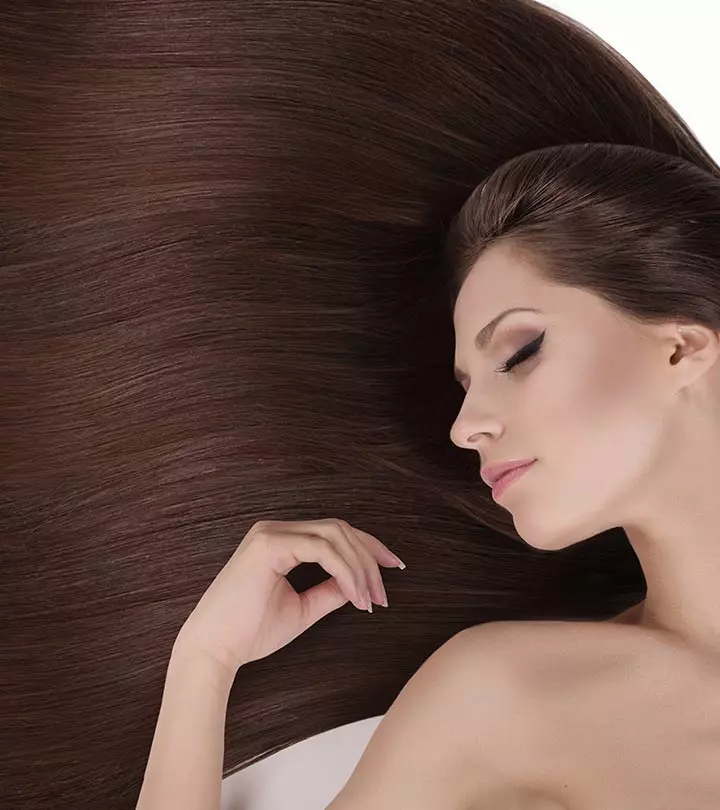
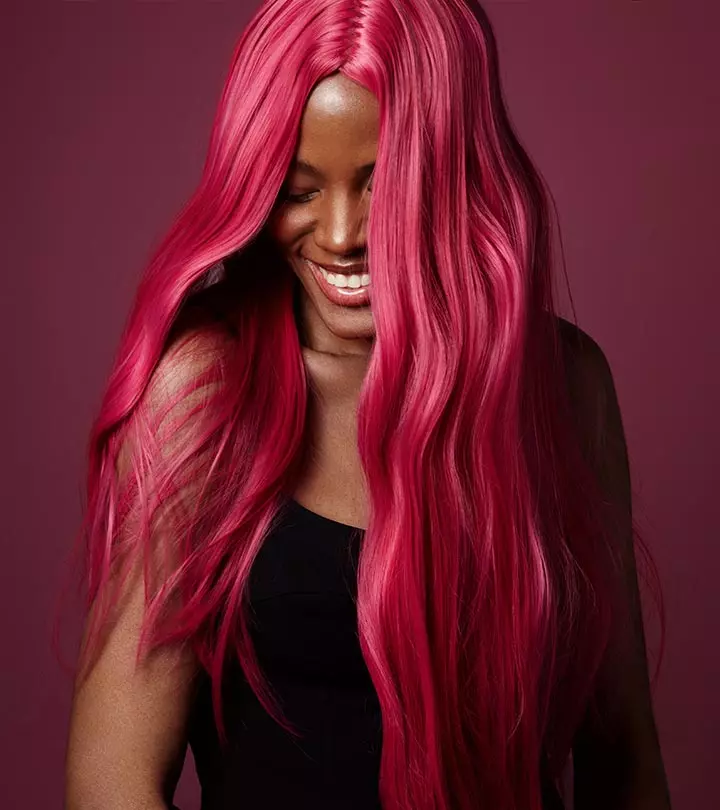
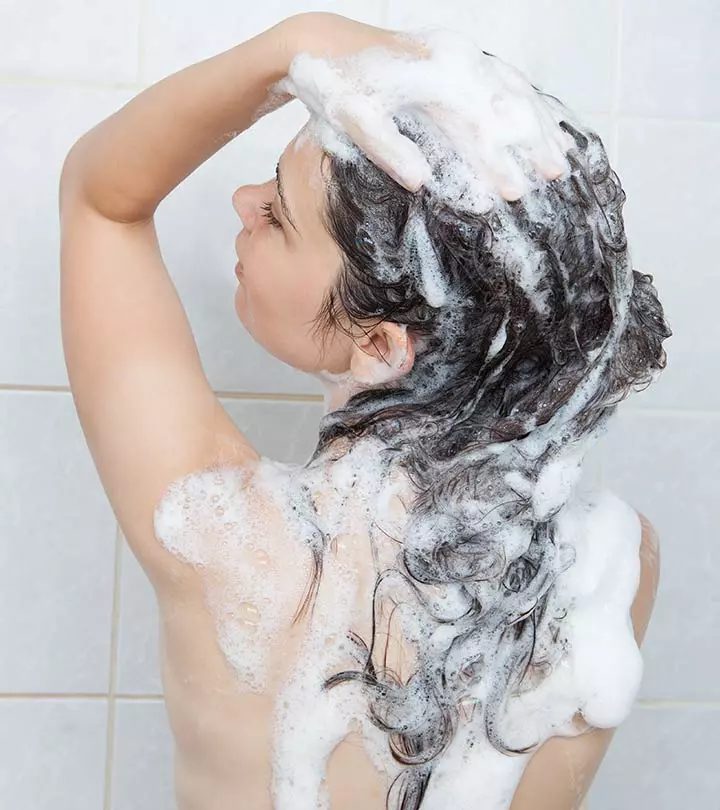
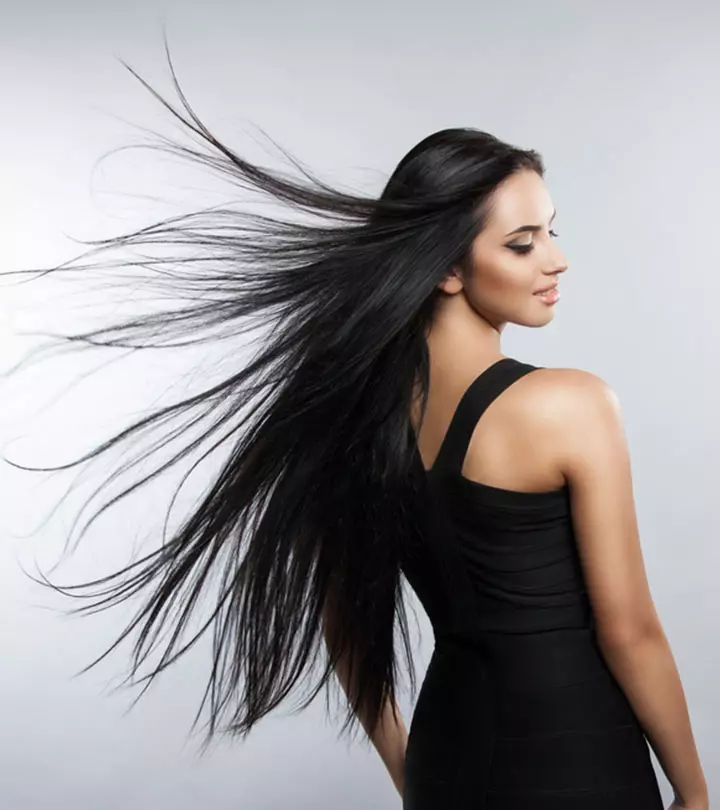
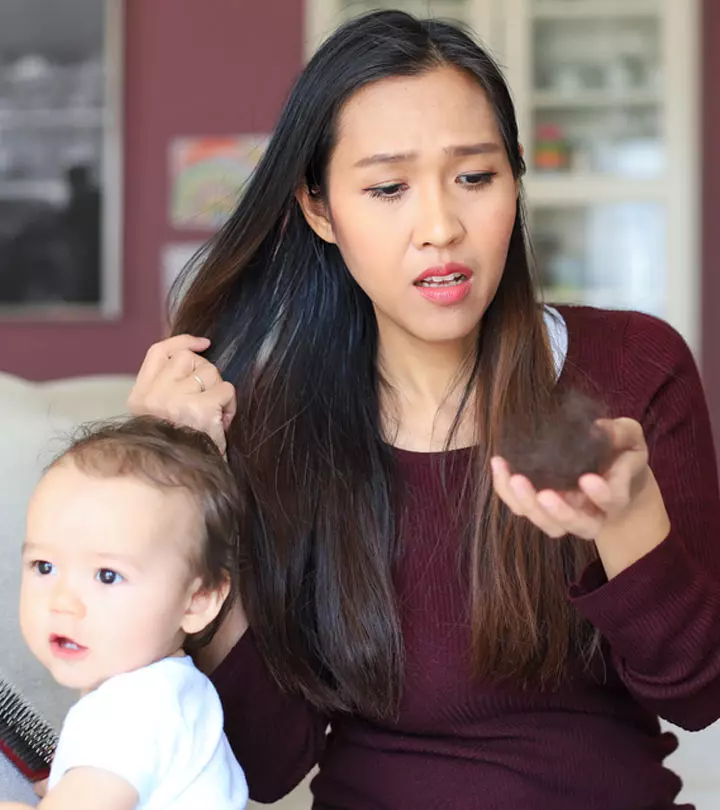
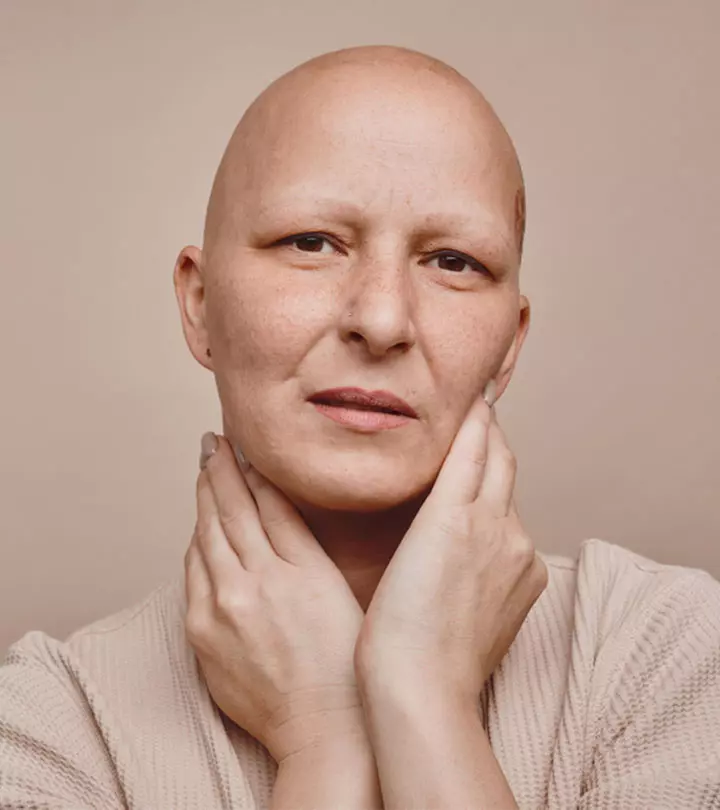
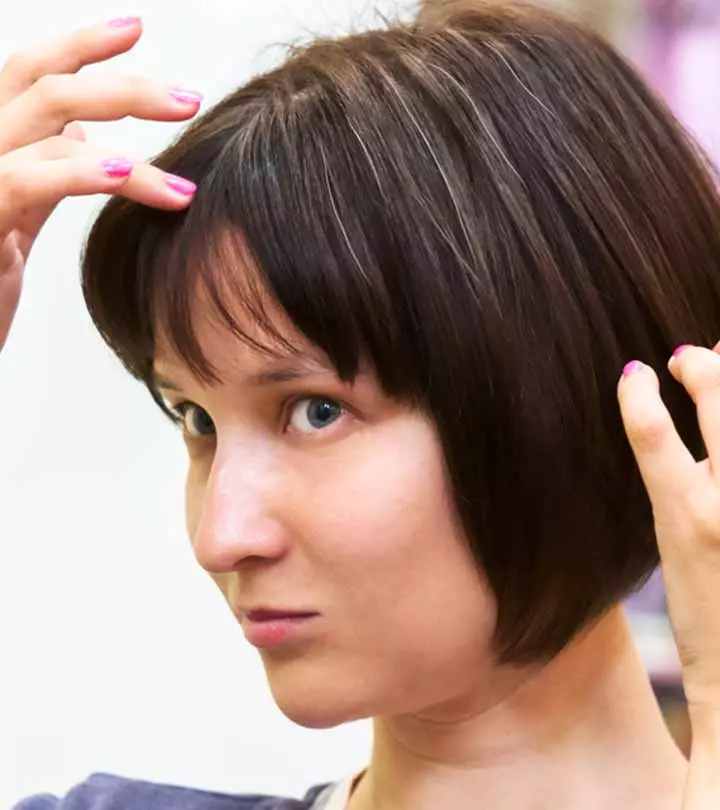
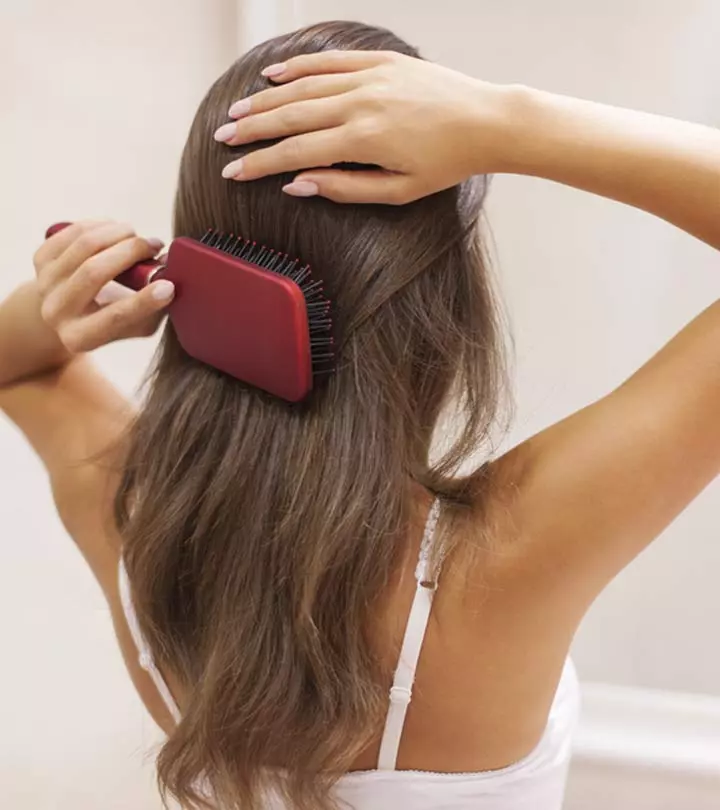
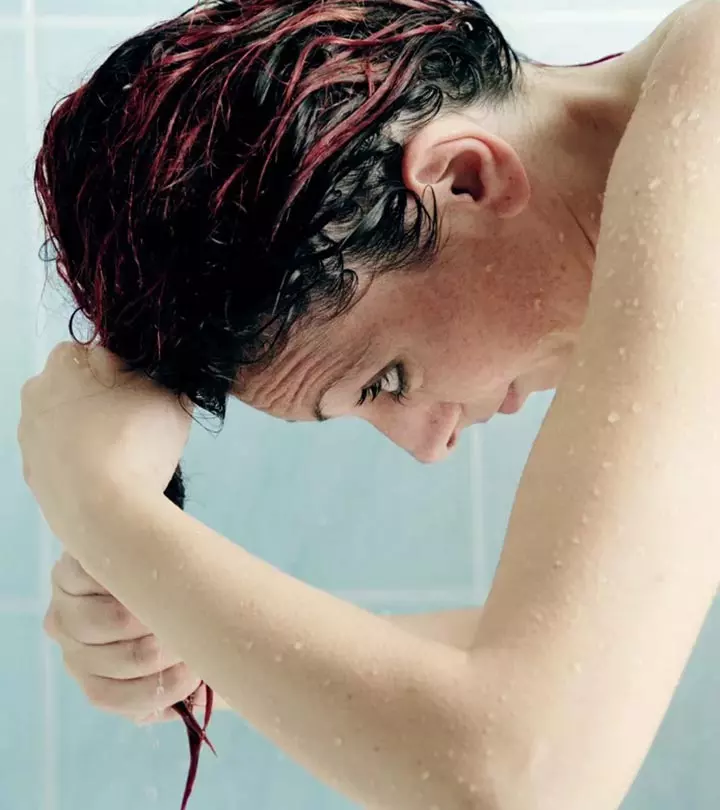
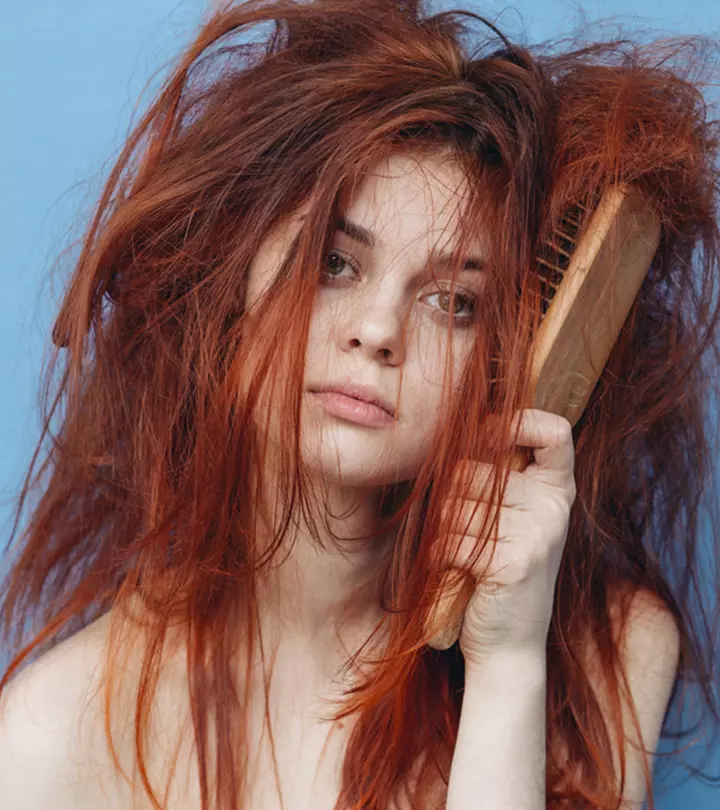
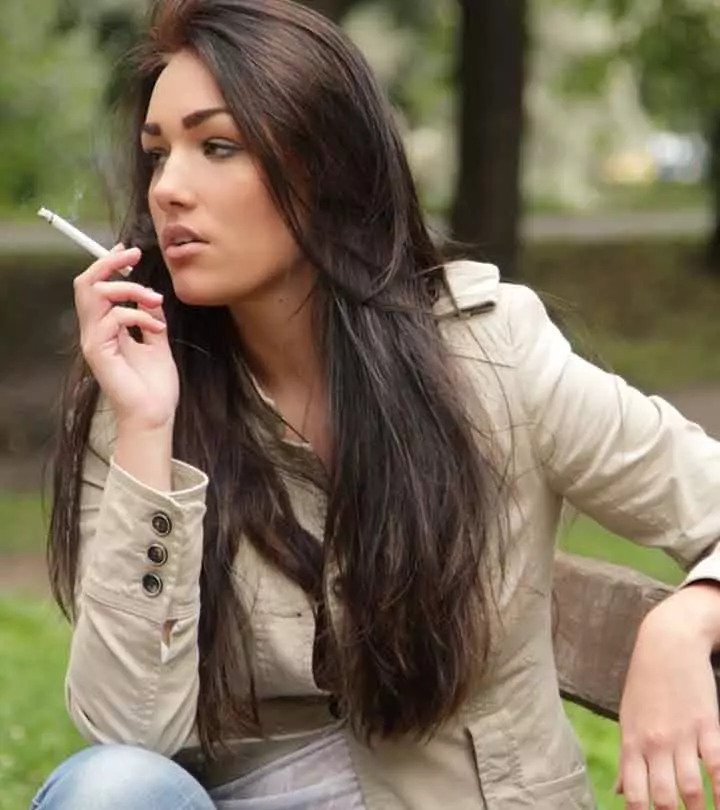
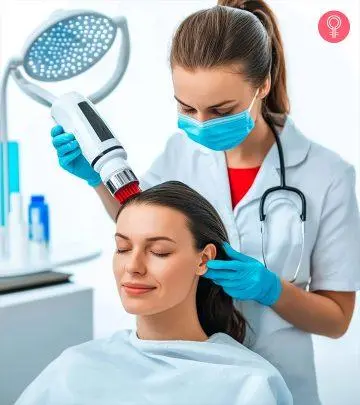
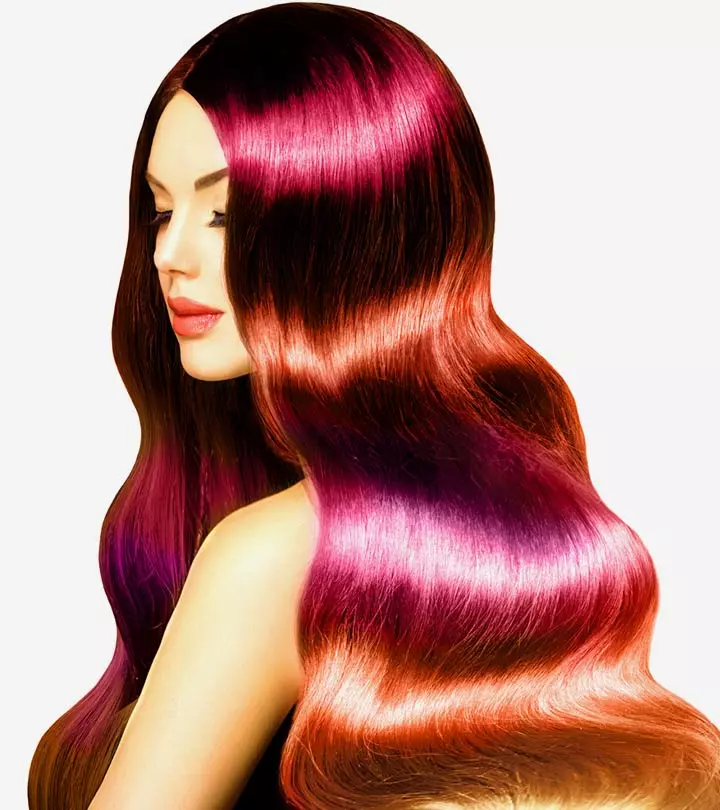
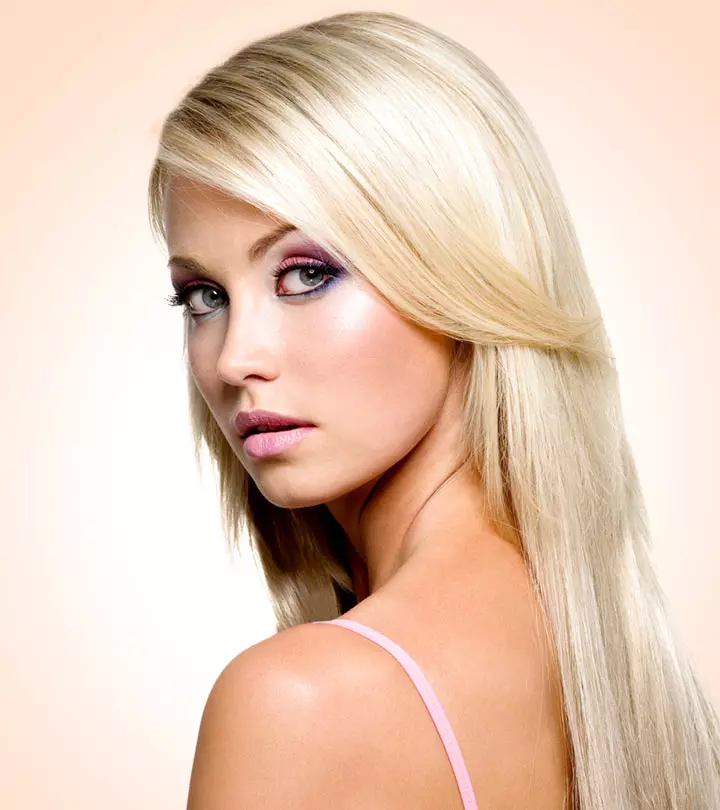
Community Experiences
Join the conversation and become a part of our empowering community! Share your stories, experiences, and insights to connect with other beauty, lifestyle, and health enthusiasts.